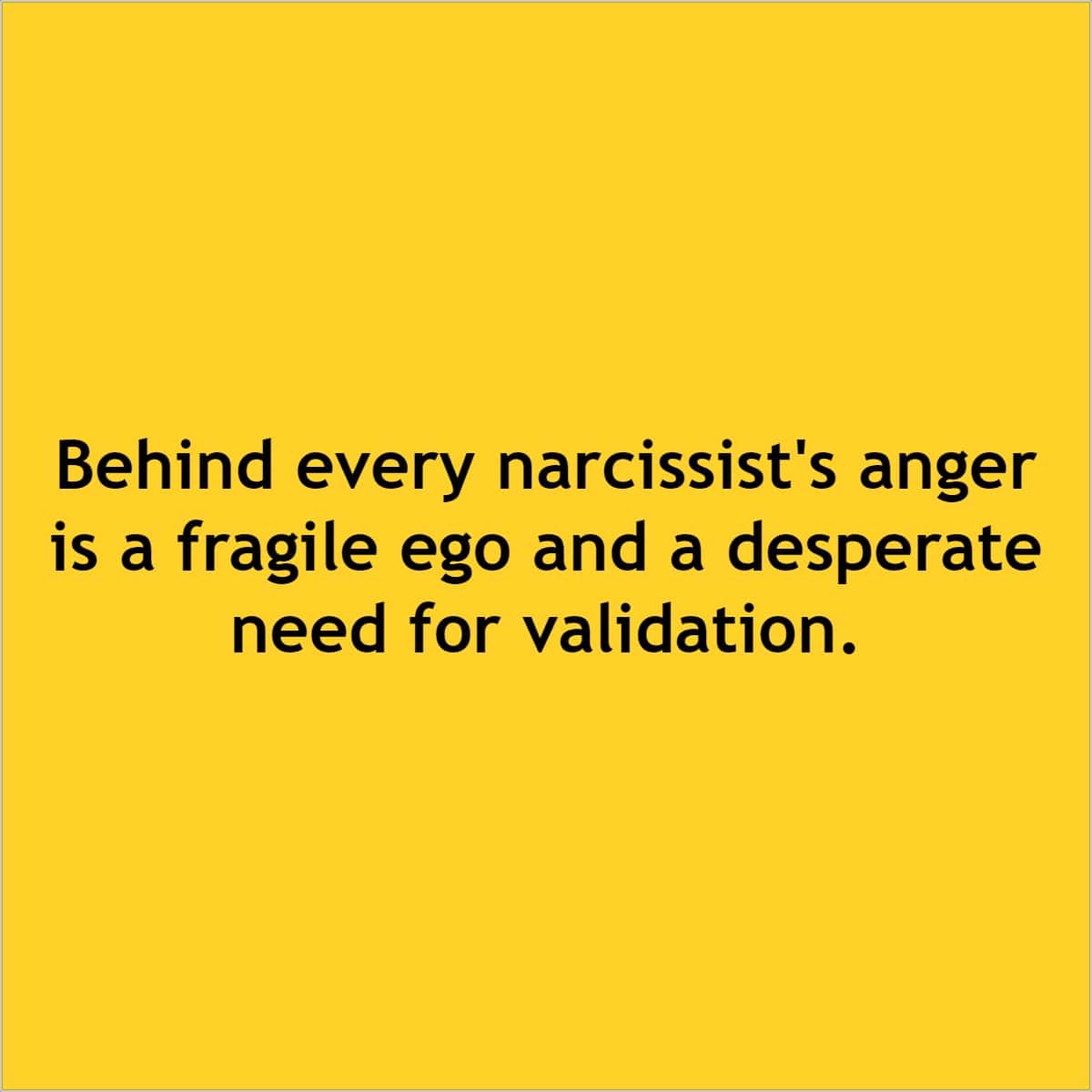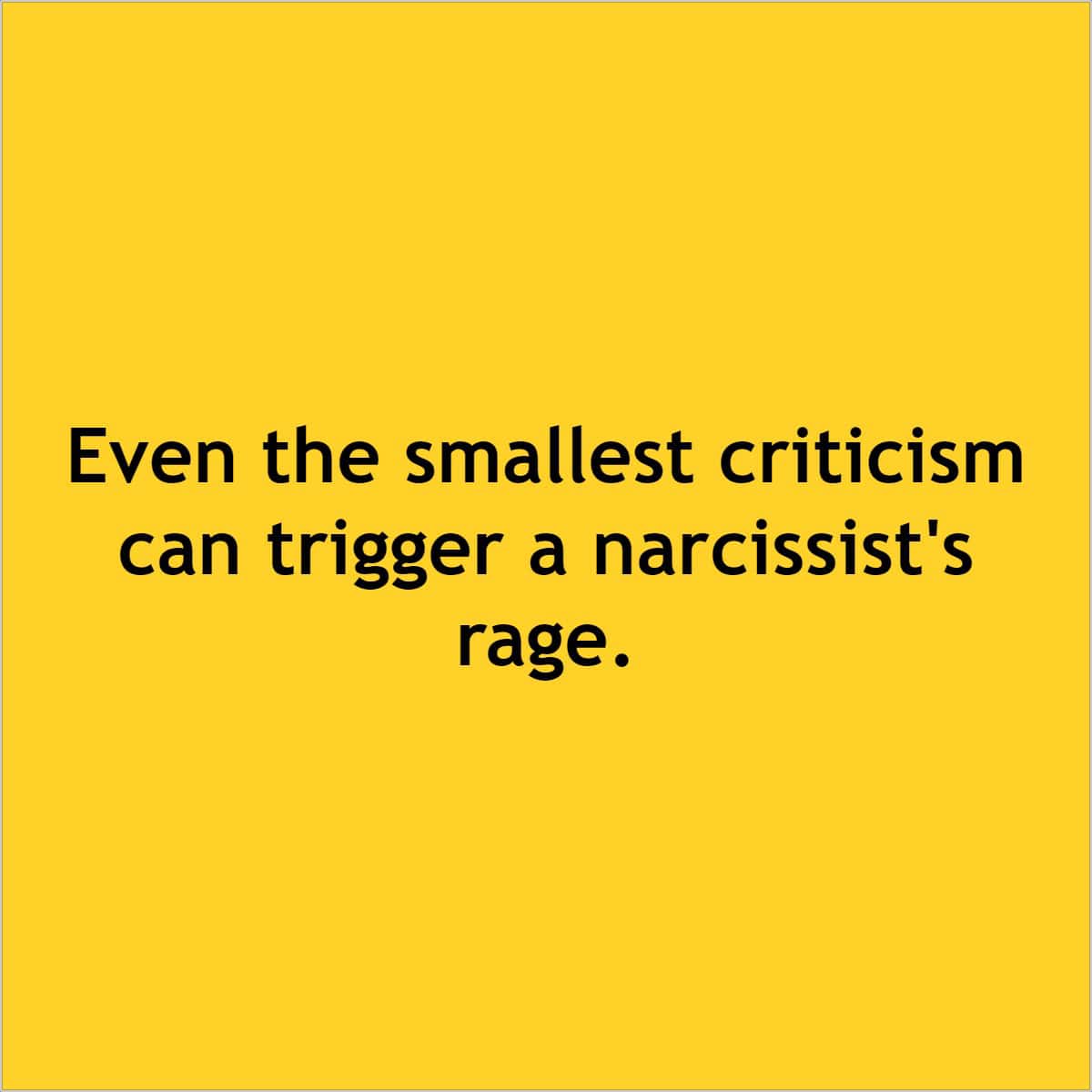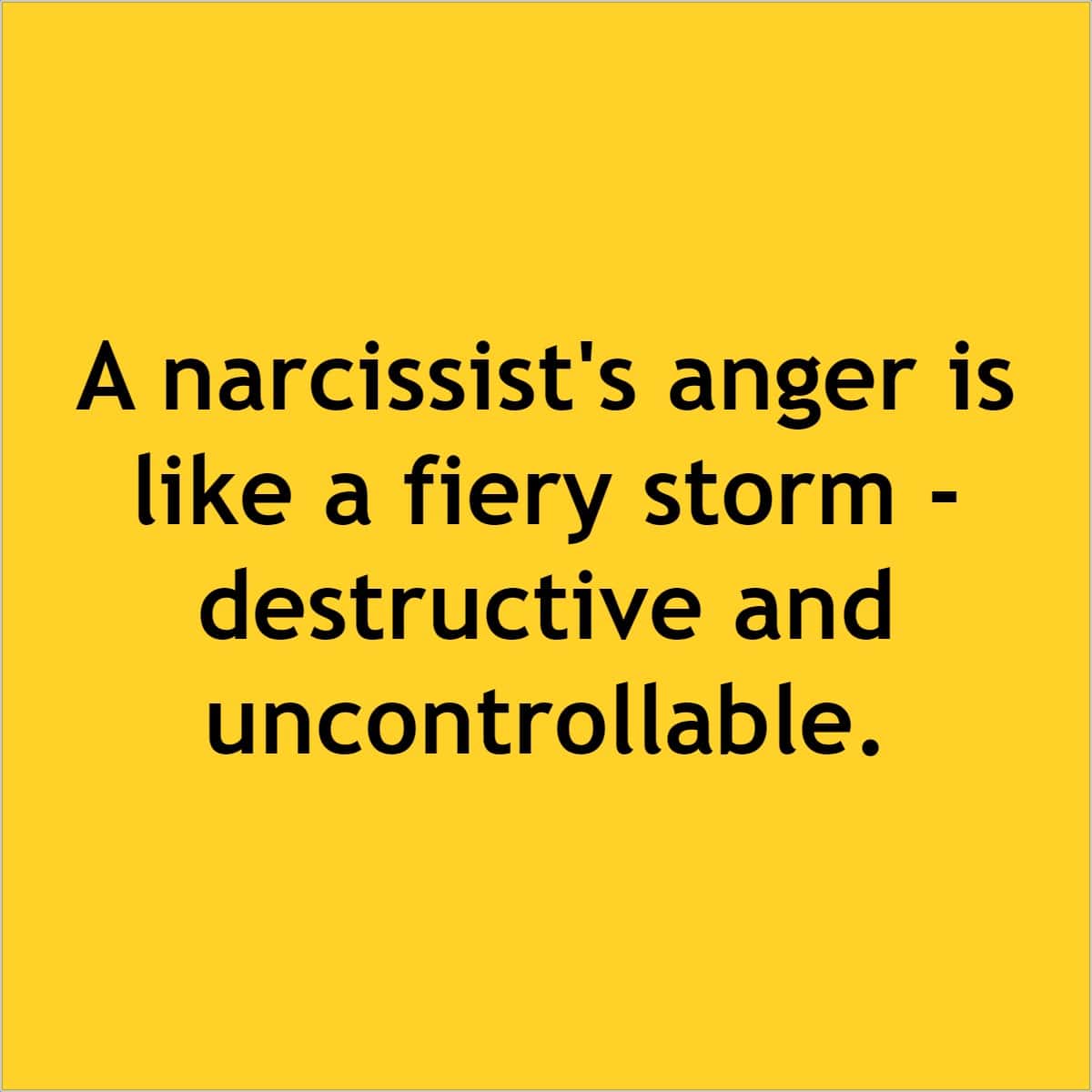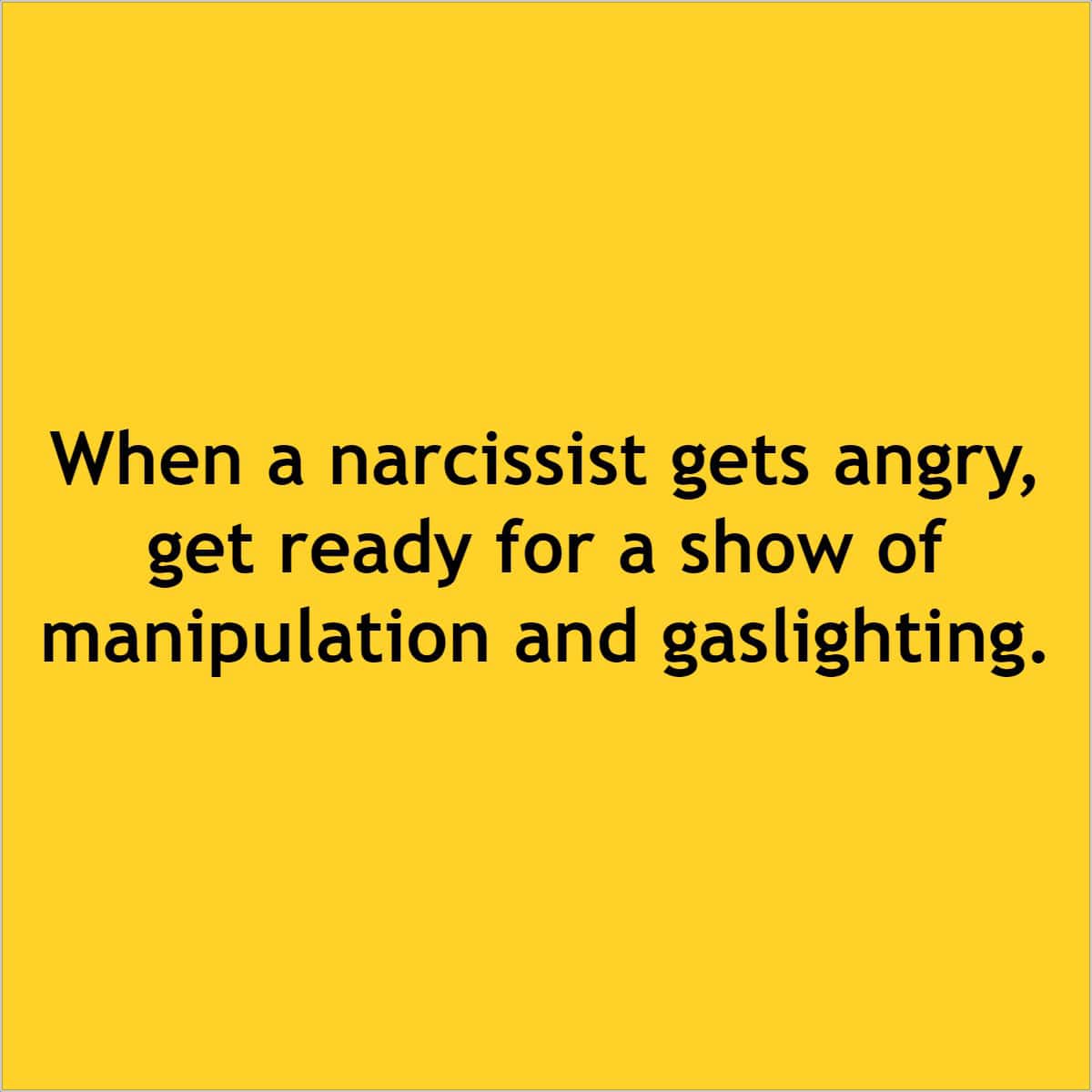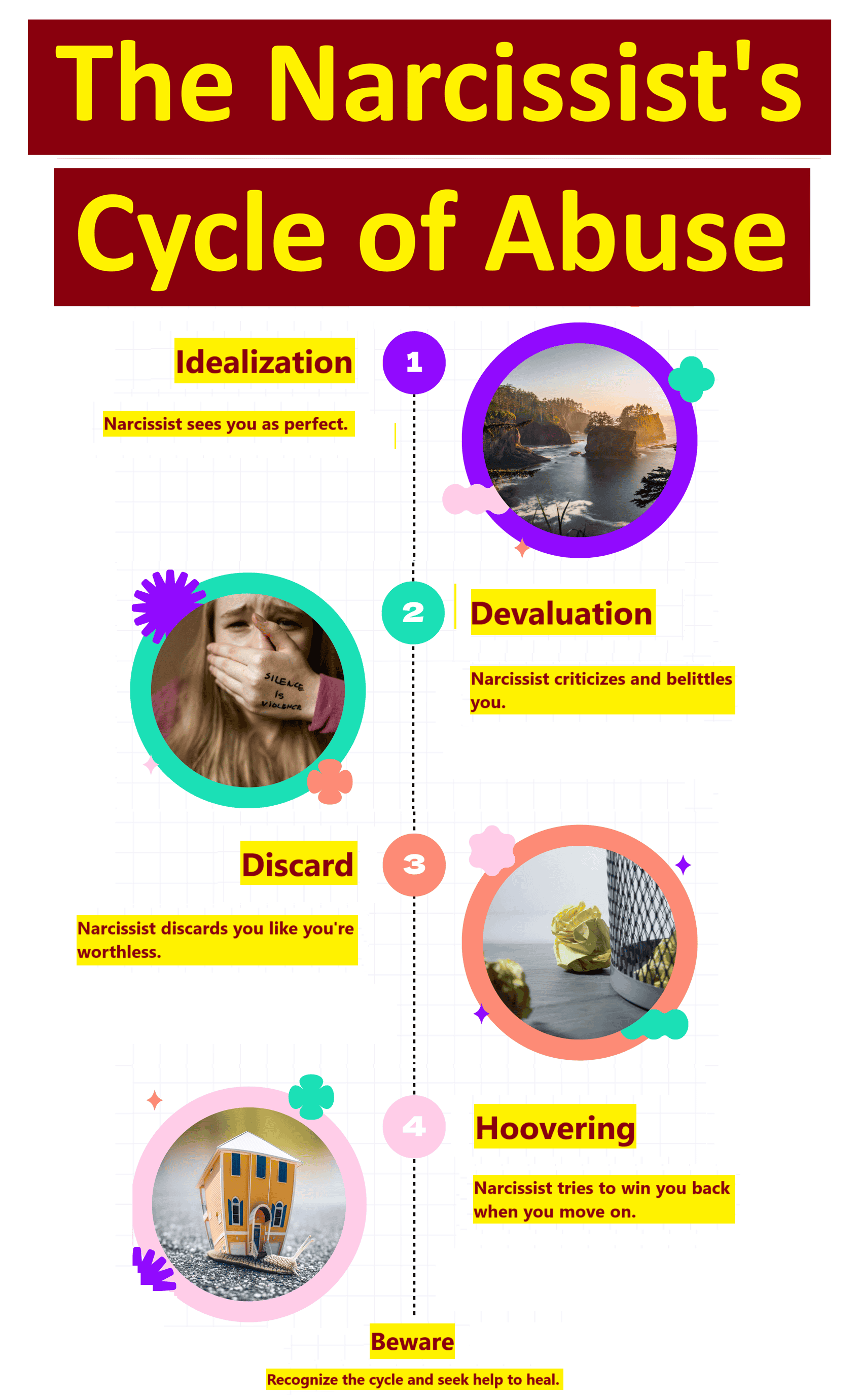Narcissists often struggle with emotional regulation due to their inflated sense of self-worth and entitlement. They may find it difficult to manage their emotions, especially when faced with criticism or perceived slights.
This emotional dysregulation is rooted in their need for constant validation and admiration, which, if unmet, can lead to intense anger.
Their self-esteem is fragile, hinging on external praise; any threat to their self-image triggers disproportionate anger.
Managing and Responding to Narcissistic Anger
Effective Communication Techniques
Communication with a narcissist requires specific strategies to minimize conflict and avoid triggering their anger.
Prioritize clear and concise language, focusing on facts rather than emotions. Avoid using accusatory language, which can trigger defensiveness.
Start your sentences with “I” statements to express feelings without blaming. For example, say “I feel upset when…” instead of “You always…”. Maintain a calm and composed tone to prevent escalation.
Know that active listening is essential. Acknowledge their feelings without agreeing with unjust behavior. Phrases like “I understand you’re upset…” can help them feel heard.
Setting Boundaries with Narcissists
Setting boundaries is crucial when dealing with narcissists. Clear and firm boundaries protect your well-being and minimize conflicts. Explicitly state what behavior is unacceptable and outline consequences.
Ensure you enforce boundaries consistently. If a narcissist constantly pushes limits, explain the importance of respecting them.
For instance, if they belittle you, say “It’s not okay to speak to me that way. I’ll leave the conversation if it continues.”
Expect pushback and manipulation attempts. Stand firm without explaining or justifying your boundaries. Repetition strengthens these limits over time, making it clear that disrespectful behavior won’t be tolerated.
Final Thoughts
Understanding why narcissists get angrier than most can help you navigate relationships with them more effectively. Recognizing their need for constant validation and control can shed light on their intense reactions.
By setting firm boundaries and employing effective communication strategies, you can protect your well-being and minimize conflicts.
Dealing with a narcissist requires patience and a clear understanding of their triggers. Stay confident in your approach and prioritize your mental health.


